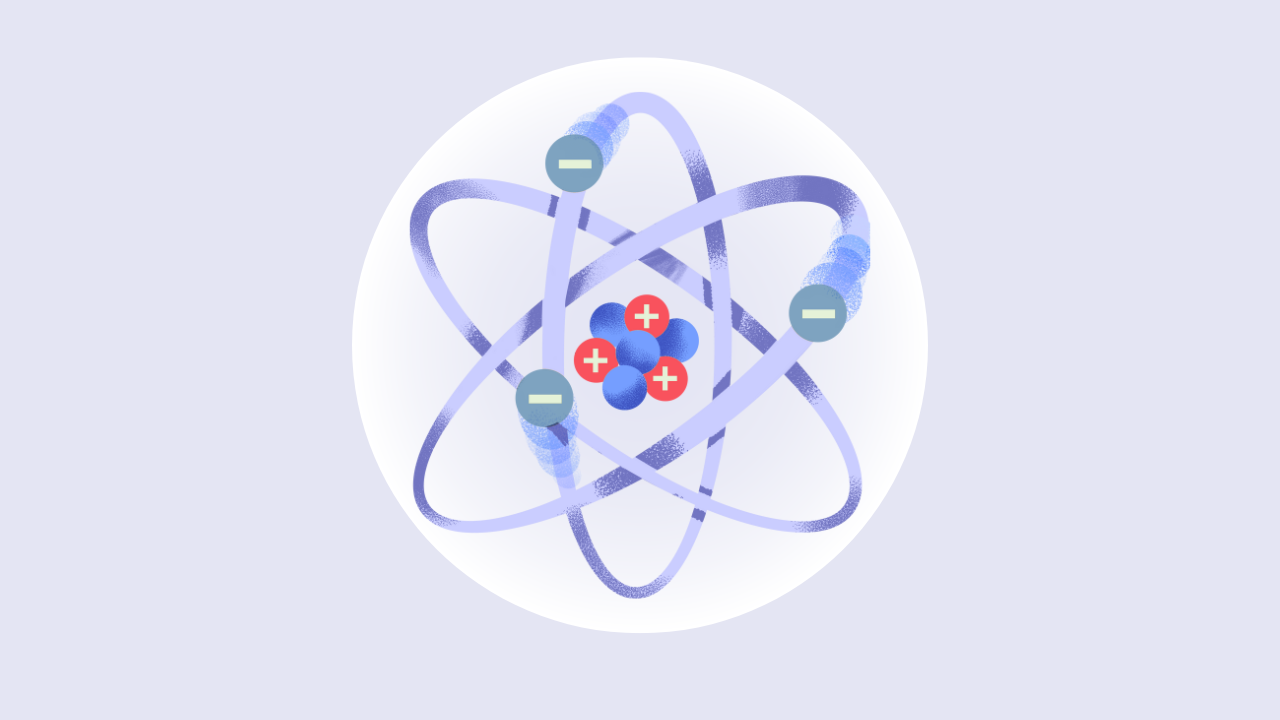Towven.com – In the vast landscape of technology, quantum computing stands as a beacon of innovation, promising to revolutionize the way we process information and solve complex problems.
But what exactly is quantum computing, and how is it reshaping our digital world? Let’s embark on a journey through the emerging trends in quantum computing, exploring its potential and the impact it may have on our future.
Understanding Quantum Computing
Imagine traditional computers as bicycles and quantum computers as rocket ships.
While bicycles serve us well for everyday tasks, rocket ships have the potential to take us to entirely new frontiers.
Quantum computing operates on principles of quantum mechanics, allowing it to process vast amounts of data and perform complex calculations at speeds unimaginable to classical computers.
Here’s a simplified explanation:
- Qubits: In classical computing, the basic unit of information is the bit, which can be either 0 or 1. In quantum computing, the basic unit is the qubit (quantum bit). Unlike classical bits, qubits can exist in a superposition of states, meaning they can be both 0 and 1 simultaneously. This property allows quantum computers to perform multiple calculations at once.
- Superposition: Superposition is a fundamental principle of quantum mechanics that allows a qubit to be in multiple states at the same time. This property is exploited in quantum algorithms to perform parallel computations, potentially leading to exponential speedup over classical algorithms for certain tasks.
- Entanglement: Entanglement is a phenomenon where the state of one qubit is dependent on the state of another, even when they are separated by large distances. This property enables quantum computers to perform certain calculations much faster than classical computers.
- Quantum Gates: Quantum gates are the equivalent of classical logic gates in quantum computing. They manipulate the state of qubits to perform computations. Some common quantum gates include the Hadamard gate (creates superposition), the Pauli-X gate (similar to classical NOT gate), and the CNOT gate (entangles two qubits).
- Quantum Algorithms: Quantum algorithms are algorithms designed to run on quantum computers. The most famous example is Shor’s algorithm, which efficiently factors large numbers, a task that is believed to be intractable for classical computers. Other examples include Grover’s algorithm for unstructured search and quantum simulation algorithms for modeling quantum systems.
- Decoherence: Decoherence is a phenomenon where quantum states become entangled with their surrounding environment, causing the loss of quantum properties like superposition and entanglement. Decoherence poses a significant challenge in building practical quantum computers and maintaining the integrity of quantum computations.
- Quantum Supremacy: Quantum supremacy refers to the point at which a quantum computer can outperform the best classical supercomputers for a certain task. In 2019, Google claimed to have achieved quantum supremacy by demonstrating a quantum computer that performed a specific calculation much faster than the most powerful classical supercomputers.
Understanding quantum computing requires a solid understanding of these concepts and their implications for computation.
While the field is still in its early stages, ongoing research and development hold the promise of revolutionary advancements in computing power and capabilities.
Quantum Supremacy
Quantum supremacy is the moment when a quantum computer can perform a task that is practically impossible for classical computers to accomplish within a reasonable amount of time.
It marks a significant milestone in the advancement of quantum computing, demonstrating its superiority in tackling certain problems, such as cryptography or optimization.
Quantum Algorithms
Traditional computers use binary digits or bits (0s and 1s) to process information, while quantum computers leverage quantum bits or qubits.
Quantum algorithms harness the unique properties of qubits, such as superposition and entanglement, to solve computational problems more efficiently.
These algorithms hold the key to unlocking the full potential of quantum computing.
Quantum algorithms are algorithms designed to run on quantum computers, taking advantage of the principles of quantum mechanics to perform certain computations more efficiently than classical algorithms running on classical computers.
Quantum algorithms often exploit phenomena such as superposition, entanglement, and interference to achieve computational speedups for specific tasks.
Here are a few notable quantum algorithms:
- Grover’s Algorithm: Grover’s algorithm is a quantum search algorithm that can search an unsorted database of N items in O(sqrt(N)) time complexity, compared to O(N) time complexity required by classical algorithms. It achieves this speedup by using quantum parallelism and amplitude amplification.
- Shor’s Algorithm: Shor’s algorithm is a quantum algorithm for integer factorization, which efficiently factors large composite numbers into their prime factors. This algorithm demonstrates a polynomial time advantage over the best-known classical factoring algorithms, such as the General Number Field Sieve (GNFS). Shor’s algorithm poses a potential threat to classical public-key cryptography systems, such as RSA, as it can efficiently factor large numbers, rendering those systems vulnerable.
- Quantum Fourier Transform (QFT): The Quantum Fourier Transform is a quantum version of the classical Fourier transform, used in various quantum algorithms, including Shor’s algorithm. It efficiently transforms a periodic sequence of numbers into its frequency components, offering advantages in tasks such as signal processing and quantum simulation.
- Quantum Phase Estimation (QPE): Quantum Phase Estimation is a quantum algorithm used to estimate the eigenvalues of unitary operators. It plays a crucial role in quantum algorithms for problems such as quantum simulation and order finding.
- Quantum Walks: Quantum walks are the quantum analogs of classical random walks. Quantum walks have applications in various areas, including quantum algorithms for search problems, optimization, and graph problems.
- Variational Quantum Algorithms: These are a class of quantum algorithms that combine quantum circuits with classical optimization techniques. Variational quantum algorithms, such as the Variational Quantum Eigen solver (VQE) and the Quantum Approximate Optimization Algorithm (QAOA), aim to solve optimization problems by iteratively adjusting quantum parameters to minimize a cost function.
These are just a few examples of quantum algorithms, and ongoing research continues to explore new algorithms and applications for quantum computing.
As quantum hardware improves and becomes more accessible, the practical impact of these algorithms is expected to grow significantly.
Quantum Cryptography
Security is paramount in our digital age, and quantum cryptography offers a revolutionary approach to safeguarding data.
By leveraging the principles of quantum mechanics, such as Heisenberg’s uncertainty principle, quantum cryptography ensures secure communication channels that are immune to eavesdropping or hacking attempts.
Quantum Machine Learning
Machine learning algorithms power many of today’s technological innovations, from virtual assistants to recommendation systems.
Quantum machine learning combines the principles of quantum computing with traditional machine learning techniques, opening new avenues for faster data processing, pattern recognition, and predictive modeling.
Quantum Sensing
From medical imaging to environmental monitoring, sensing plays a crucial role in various fields.
Quantum sensing utilizes quantum phenomena to achieve unprecedented levels of precision and sensitivity in measuring physical quantities, revolutionizing industries ranging from healthcare to manufacturing.
Quantum Communication
Traditional communication networks face challenges such as bandwidth limitations and security vulnerabilities.
Quantum communication harnesses quantum entanglement to transmit information securely over long distances, laying the foundation for ultra-secure communication networks resistant to hacking and interception.
Quantum Simulation
Simulating complex quantum systems is a daunting task for classical computers due to their limited processing power.
Quantum simulation allows us to mimic the behavior of quantum systems accurately, enabling breakthroughs in drug discovery, materials science, and fundamental physics research.
Quantum Hardware Development
Building reliable and scalable quantum hardware is essential for realizing the full potential of quantum computing.
Researchers and engineers are continuously pushing the boundaries of quantum technology, developing innovative qubit architectures, error-correction techniques, and quantum processors capable of tackling real-world problems.
Applications of Quantum Computing
The applications of quantum computing span across various industries, promising to revolutionize fields such as drug discovery, finance, logistics, and artificial intelligence.
From optimizing supply chains to accelerating drug development, quantum computing holds the potential to drive unprecedented advancements in science and technology.
Conclusion
As we stand on the brink of a quantum revolution, the emerging trends in quantum computing offer a glimpse into a future where the impossible becomes achievable.
From quantum supremacy to applications in diverse domains, the journey of quantum computing is one of innovation, exploration, and endless possibilities.
Frequently Asked Questions (FAQs)
- What is quantum computing, and how does it differ from classical computing? Quantum computing leverages the principles of quantum mechanics, such as superposition and entanglement, to perform computations at speeds unattainable by classical computers, which rely on binary bits (0s and 1s) for processing.
- What is quantum supremacy, and why is it significant? Quantum supremacy refers to the moment when a quantum computer can outperform classical computers in solving certain tasks. It’s significant because it demonstrates the superior computational capabilities of quantum systems, opening new doors for solving complex problems.
- How does quantum cryptography ensure secure communication? Quantum cryptography utilizes the principles of quantum mechanics, such as Heisenberg’s uncertainty principle, to encode and transmit data securely. By leveraging quantum properties like entanglement, it creates communication channels immune to eavesdropping or hacking attempts.
- What are some practical applications of quantum computing? Practical applications of quantum computing include drug discovery, financial modeling, optimization problems, cryptography, and machine learning. Quantum computers have the potential to revolutionize various industries by solving complex problems more efficiently.
- Is quantum computing accessible to the general public? While quantum computing is still in its early stages of development, efforts are underway to make it more accessible. Companies and research institutions are working on cloud-based quantum computing platforms and educational resources to democratize access to quantum technology.







